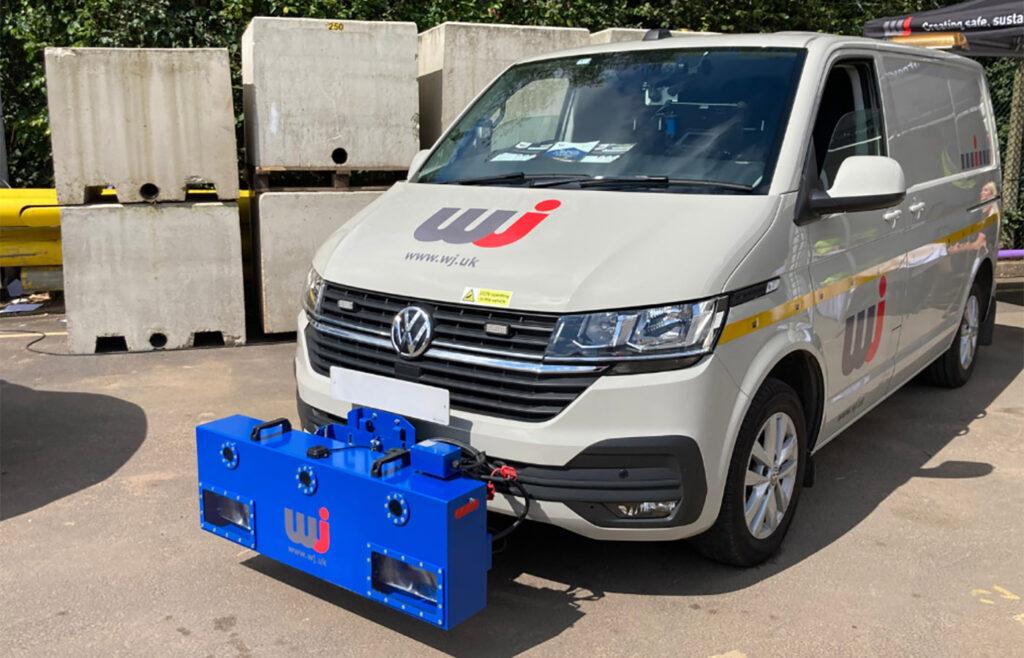
With the maintenance backlog for local roads in England and Wales having increased by 11% to £14 billion this year according to the ALARM Survey, Wayne Johnston, CEO at WJ Group, is calling on highways authorities to explore new approaches to asset management.
It follows news that highways authorities received only two thirds of the funds needed to meet their maintenance targets. Even with proper funding, it is estimated that it could take up to 11 years to return local roads to a satisfactory condition. Despite a budget increase of £279 million for Highways and Transport Services in 2023-24, to a total of £5.2 billion, this funding is still likely to fall short.
Wayne said: “Given the financial challenges facing local authorities, it is vital they are using the latest technologies and systems to maximise the value from their budget. Solutions that streamline processes can help highways teams manage road maintenance budgets better whilst improving the quality of their network.”
WJ’s RAMP (Roadmarking Asset Management Planning) solution is an example of how local authorities can better manage road maintenance works. RAMP involves conducting surveys of the highway network, providing clear and easy to understand conditioning data and analysis. From there, WJ works collaboratively with authorities to deliver the best evidence-based solutions for their network. This enables local authorities to not only understand the condition of their highway road marking asset, but also to design future programmes aligned with other maintenance activities and maximise the value derived from the budget available.
Within the RAMP initiative, WJ uses its latest retro-reflectometer technology, which enables it to measure the retro-reflectivity levels of road markings across two lanes in a single pass. This technology is front-mounted on vehicles travelling at normal traffic speeds through a one-person operation, logging the data and producing reports in multiple formats to enable engineers to easily review the asset condition. The survey data can be combined with collision data to prioritise areas for attention, ensuring the most effective use of available resources.
WJ rolled out RAMP with Dorset County Council earlier this year. Collaborating with the highways team in allocating its budget according to need, RAMP was used to pinpoint priority areas for maintenance activities across the Council’s network. Ultimately, this meant they could maximise the value they could deliver from the funds available to them.
Using this information, WJ advised on the most appropriate solutions for different situations. For example, in potentially higher risk areas that were not due to be resurfaced or surface dressed, it advised the authority to use its Weatherline product range, which delivers high levels of retro-reflectivity alongside an expected life of over five years. This helps to improve safety, whilst reducing ongoing maintenance costs for the local authority.
Wayne Johnston added: “These new approaches can make a real difference to highway maintenance teams needing to make the most of their budgets. Local authorities must use the latest technologies to manage their highways assets in a more strategic and efficient way, ultimately extracting significantly greater value.”





